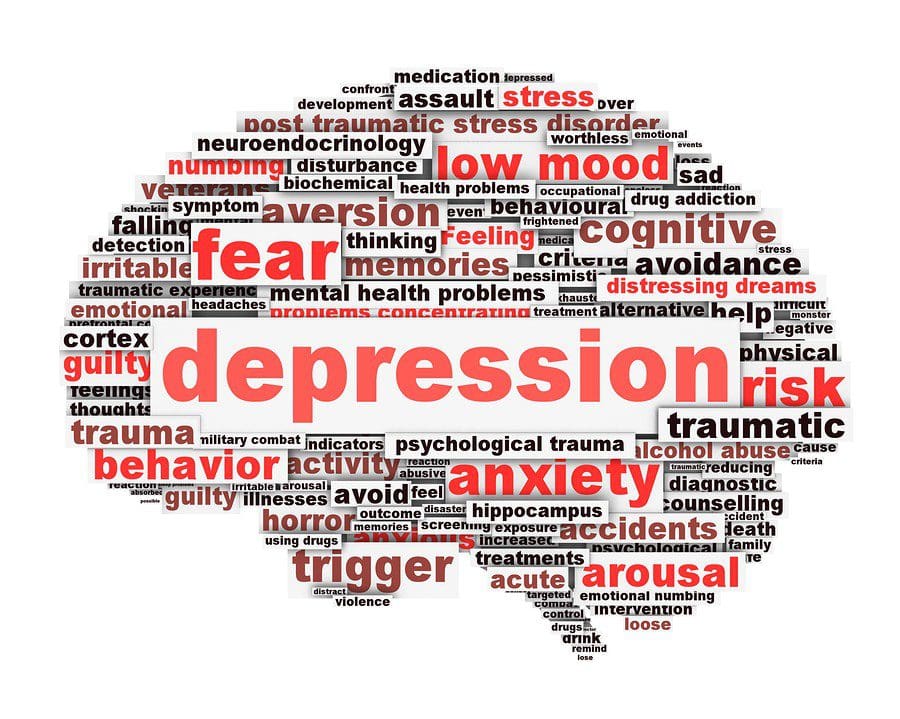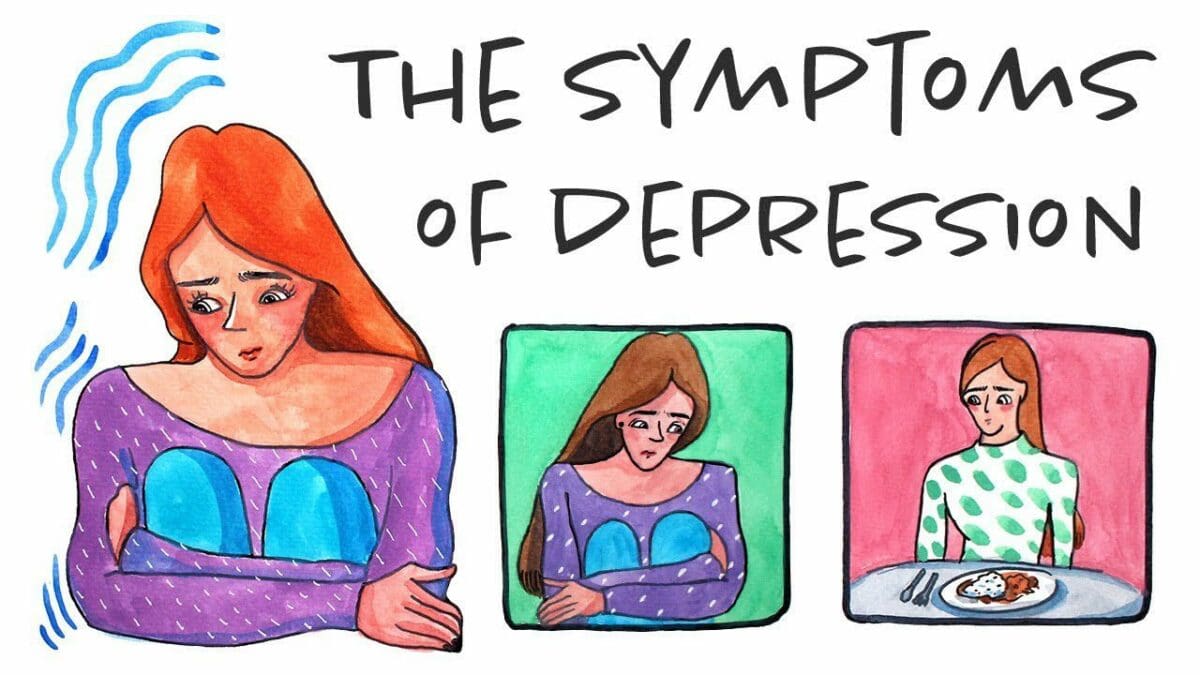
Stories From A Woman Who Got Mental Health Help Early
May 24, 2018 in Educate Yourself, Social Media Guide
Now age 40, New Orleans native and current Pittsburgh resident K. Rose Quayle was first committed to a mental hospital at the age of 15 for Bipolar II and an eating disorder. She spent her teens trying to control her mental illness through various medications, and by the time she got to her 30s, her illnesses had stopped responding to medications, so she decided to try electroconvulsive therapy (ECT).

K. Rose Quayle sitting on the right during the Q&A.
Last year she released a self-published book called Look Left, Walk Green: A Shocking Tale of Losing the Past and Choosing to Gain the Future, which she says she hopes will serve as a guidebook to various mental health treatments, especially ECT—one of the most feared and stigmatized treatments, and one of the least understood. She spoke about her experiences last night at the National Association of Mental Illness (NAMI) Keystone Pennsylvania event series “Stories that Heal” at City of Asylum in Pittsburgh.
“ECT is being used more, but a lot of people don’t know what to expect afterward,” said Quayle, who had 15 treatments eight years ago. Her book is organized in three sections: what it feels like to have ECT; the mechanics and physiology of the treatment; and the history of ECT and how the media and medical establishment have represented it.
ECT stopped her depression, she said. But she experienced significant side effects, one of the most persistent being memory loss. She didn’t remember who her friends were, and her husband would tell her to say hi to friends they ran into on the street. “I didn’t remember what my own clothes looked like,” she said, “so a couple of times I accused my husband of cheating on me because I saw all these clothes in my bedroom that I didn’t know were mine!”
She said her husband showed great patience with the slow pace of her recovery. She stressed the importance of asking for help. Even after all the years that she had sought treatment for bipolar disorder, when the severe side effects of ECT showed up, she said, “I didn’t want to ask the doctors for help because of the stigma.” So that’s how persistent stigma still is—but she moved through her fear and asked for help anyway, from doctors and from friends.
“True friends will come toward you in situations like this,” she said.
She said her treatment has changed her character. “It has made me more empathetic and willing to reach out to others,” she said.
 Follow Rose on Instagram @lookleftwalkgreen and on Twitter @LookLWG.
Follow Rose on Instagram @lookleftwalkgreen and on Twitter @LookLWG.
The next event in the “Stories that Heal” reading series is Lindsey Smith, author of Eat Your Feelings: The Food Mood Girl’s Guide to Transforming Your Emotional Eating. You can reserve your seat here.


 Is depression something you can control?
Is depression something you can control?
 Are you or any of your friends struggling with symptoms of depression? Are you confused as to why you feel like you’ve fallen down into a big deep pit?
Are you or any of your friends struggling with symptoms of depression? Are you confused as to why you feel like you’ve fallen down into a big deep pit?
 For many years I have kept a file on my hard drive called “Raves.” This is a folder in which I have saved emails, letters, screenshots, and other files that have spoken positively about me and my work. The file has moved from computer to computer—and I also have hardcopies of notes in a file drawer.
For many years I have kept a file on my hard drive called “Raves.” This is a folder in which I have saved emails, letters, screenshots, and other files that have spoken positively about me and my work. The file has moved from computer to computer—and I also have hardcopies of notes in a file drawer.


 When you’re feeling depressed, it’s hard to remember these activities are open to you. You have to plan fun and enjoyable activities into your life, and it’s this effort that can counter the feelings of depression.
When you’re feeling depressed, it’s hard to remember these activities are open to you. You have to plan fun and enjoyable activities into your life, and it’s this effort that can counter the feelings of depression. 



 Studies show when people have a bad experience with therapy it can make them have a bad attitude about therapy in general.
Studies show when people have a bad experience with therapy it can make them have a bad attitude about therapy in general. Today dozens of middle school students gathered at the Pittsburgh Heinz History Center to share the results of a year’s work on
Today dozens of middle school students gathered at the Pittsburgh Heinz History Center to share the results of a year’s work on  Food giveaways to students who learn certain facts about mental illness (e.g., one in four people will confront mental health problems during any given year)
Food giveaways to students who learn certain facts about mental illness (e.g., one in four people will confront mental health problems during any given year)

Recent Comments